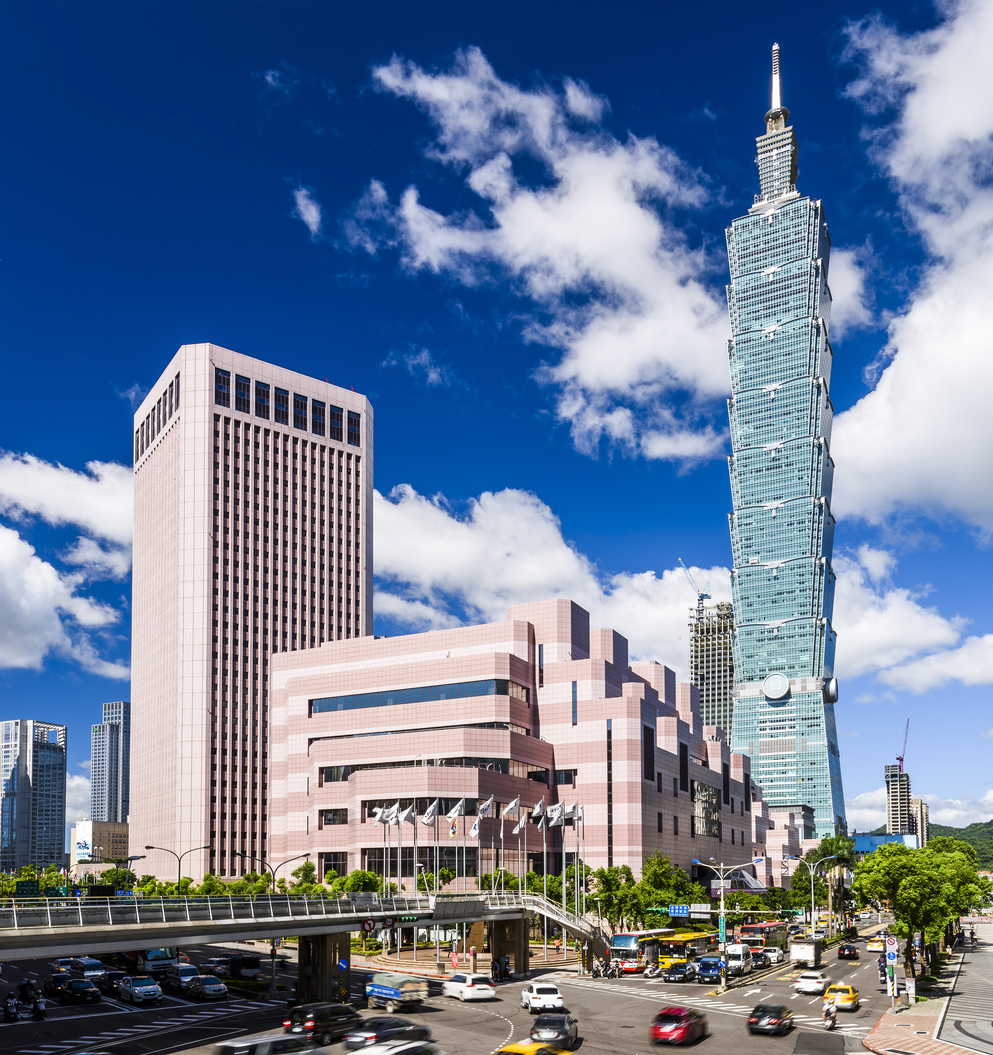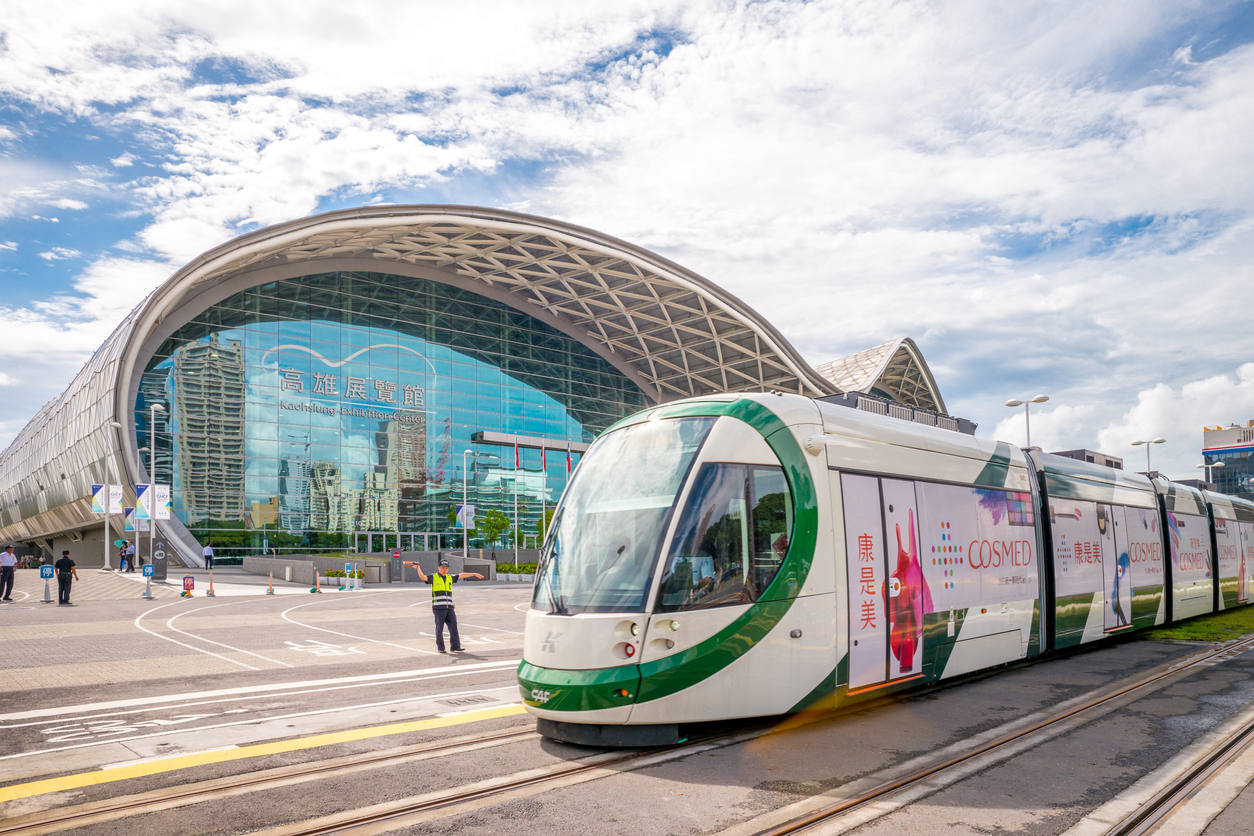Author Julien Huang
Photo iStock, Taiwan Scene
Editor Levarcy Chen
In today’s evolving business landscape, the concept of “bleisure travel”—blending business obligations with leisure experiences—has become increasingly popular among professionals seeking to maximize their time abroad. For business visitors attending conferences at Taipei World Trade Center, Nangang Exhibition Center, or Taoyuan Convention Center, Taiwan offers a wealth of opportunities to transform a standard business trip into a memorable cultural journey. Here are three carefully curated itineraries that showcase the island’s diverse attractions, from its rich maritime heritage to its stunning mountain landscapes.
Route #1: Maritime Heritage and Coastal Wonders (Taipei World Trade Center)
After morning meetings at the Taipei World Trade Center, business travelers can embark on a unique journey that combines military harbor culture, geological beauty, and island leisure. This afternoon itinerary offers a five-sensory experience of Heping Island’s (和平島) maritime memories.
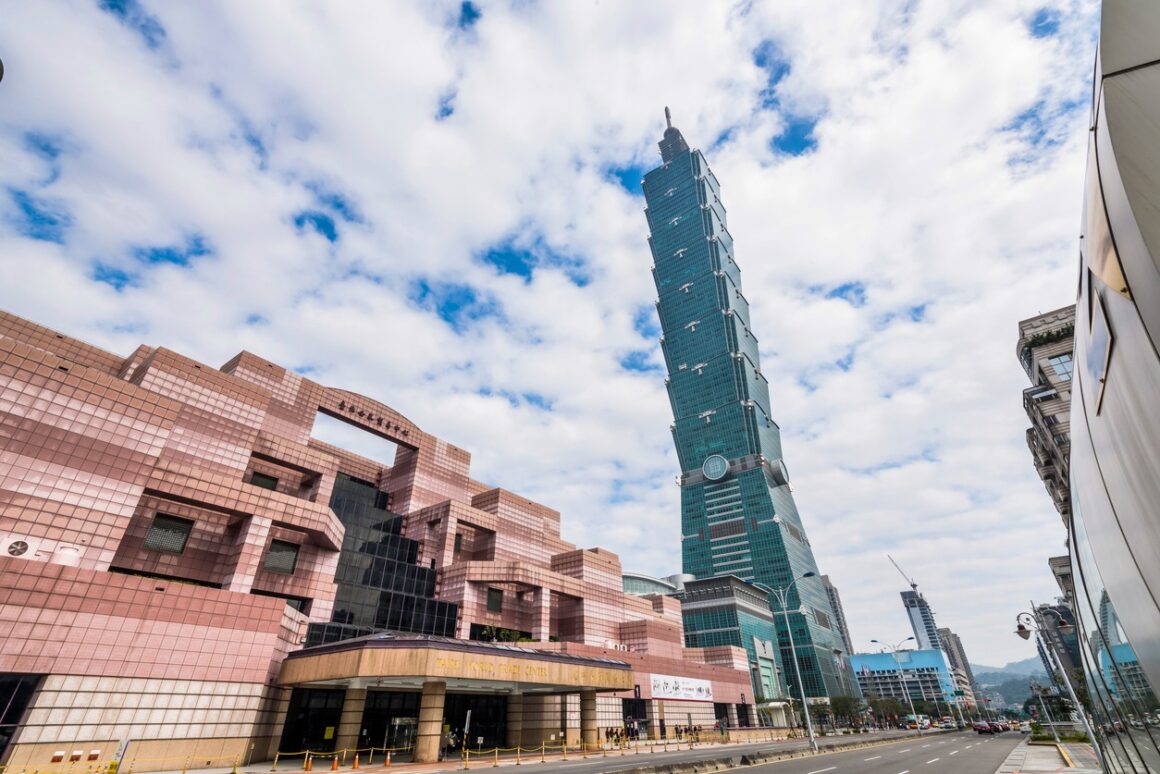
The adventure begins at noon with lunch at Keelung Miaokou Night Market (基隆廟口夜市), which opens every day from 12:00 noon to 12:00 midnight. CNN has featured Keelung Miaokou Night Market as one of the must-visit destinations. The fresh seafood and abundance of food stalls attract both locals and tourists. The market is famous for its variety of dishes, such as crab soup, fried fish pastry, and “nutritious sandwiches” (營養三明治). It is a major tourist attraction, often recommended for its quality and fresh offerings due to its proximity to Keelung Harbor.
WeR Warehouse No. 4 is another trendy dining venue that sets the tone for the quiet explorations. A guided cruise through Keelung’s inner harbor, where knowledgeable tour guides share captivating stories of the port’s military history and maritime heritage. This isn’t merely sightseeing—it’s a narrative journey through Taiwan’s naval past, revealing how this strategic harbor shaped the island’s development.
The harbor tour offers unique perspectives of Keelung’s working port, naval facilities, and the surrounding coastal geography. As the boat glides through waters that have witnessed centuries of maritime activity, visitors gain insight into Taiwan’s transformation from a contested colonial outpost to a modern Pacific nation.
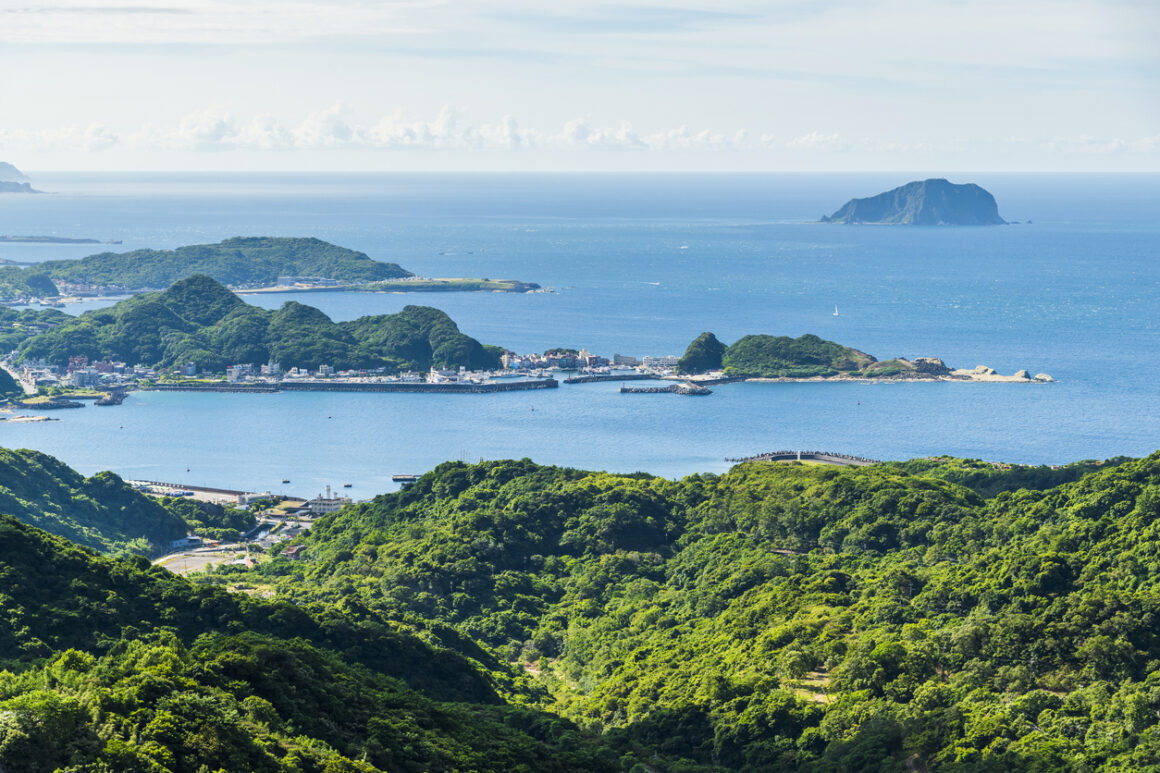
Besides the cruise tour, Heping Island is another recommended destination, where the afternoon’s exploration continues on foot. The island’s secret geological formations reveal nature’s artistry in stone. Wind and waves have sculpted the coastal rocks into fantastical shapes over millennia, creating a landscape that seems almost otherworldly. The stories behind the geological processes point out the diverse marine life thriving in the tidal pools—a living classroom of coastal ecology.
The interplay between rock formations and tidal zones creates a dynamic environment that changes with each visit. During low tide, hidden caves and unusual rock shapes emerge, while the intertidal zone teems with crabs, sea anemones, and small fish adapted to this challenging habitat. This observation of natural rhythms and resilient life forms provides a meditative counterpoint to the morning’s business activities.
The day concludes at the cafe “With Hill” inside the Heping Island Park, where visitors can relax while reflecting on the day’s discoveries. The combination of maritime history, geological wonders, and coastal ecology creates a comprehensive experience that showcases Taiwan’s relationship with the sea—past, present, and future.

Route #2: Tea Culture and Mountain Serenity (Taipei Nangang Exhibition Center)
For business travelers based at Nangang Exhibition Center, this itinerary offers an immersive journey into one of Taiwan’s most celebrated cultural treasures: tea. The trip to Pinglin (坪林), a mountain town synonymous with premium tea production, provides the perfect antidote to conference room intensity, and that only requires a 20-minute drive(taxi please)!

The day begins at the Pinglin Tea Museum (坪林茶業博物館), where exhibits trace the hundred-year evolution of Taiwanese tea culture. From ancient tea utensils to modern processing techniques, the museum reveals how tea cultivation became central to Taiwan’s agricultural identity and economic development. Visitors learn about different tea varieties, the intricacies of tea processing, and the cultural significance of tea ceremony traditions. The museum’s architecture reflects the aesthetics of tea culture, creating an environment that honors this refined tradition.

Pick lunch in the area based on mood. The local hipster cafes/tea bars offer a contemporary interpretation of tea-infused cuisine. The restaurant creatively incorporates local tea into its dishes, demonstrating how traditional ingredients can be reimagined for modern palates. This meal exemplifies Taiwan’s culinary innovation—respecting heritage while embracing creativity.

A leisurely stroll through Pinglin Old Street is very comfortable. Traditional shophouses line the narrow street, many still operated by families who have sold tea for generations. The unhurried pace and warm interactions with local merchants offer a glimpse into Taiwan’s community-oriented culture. Visitors can sample teas, purchase high-quality leaves directly from producers, and experience the genuine hospitality that characterizes rural Taiwan.
Along Pinglin’s riverside trails, following crystal-clear mountain streams, surrounded by lush forest and the occasional tea plantation. The sound of flowing water, bird songs, and rustling leaves creates a natural symphony that encourages mindfulness and stress relief. This isn’t strenuous hiking—it’s gentle movement through beautiful landscapes that allows body and mind to settle into nature’s rhythm.
This journey into tea country, located surprisingly close to Taipei’s urban center, demonstrates how Taiwan preserves its agricultural heritage and natural environments. It’s a daily pilgrimage that allows visitors to engage authentically with the land and the beverage that has defined this region for generations.
Route #3: Mountain Tea Gardens and Ceramic Arts (Taoyuan Convention and Exhibition Center)
Business visitors to Taoyuan Convention Center can explore a route that combines high-altitude tea cultivation with Taiwan’s renowned ceramic traditions. This itinerary creates a perfect narrative arc from mountain serenity to artistic creation.

For example, Xiong Kong Tea Garden (熊空茶園), perched at 700 meters elevation in a breathtaking mountain setting, is a secret paradise that offers fresh air saturated with phytoncides. The cooler temperatures and abundant rainfall at this elevation produce teas with distinctive flavor profiles, and visitors can observe terraced plantations that seem to cascade down the mountainside.
At noon, lunch at the tea garden where the cuisine complements the mountain setting, likely incorporating local ingredients and tea-based dishes. The restaurant’s location within the forest garden allows diners to continue enjoying the natural surroundings while refueling for the afternoon’s activities.
The itinerary then transitions from natural beauty to human creativity with a visit to either the New Taipei City Art Museum or the Yingge Ceramics Museum. Yingge (鶯歌), often called Taiwan’s pottery capital, has a centuries-old tradition of ceramic production. The museum showcases both historical pieces and contemporary ceramic art, illustrating how this ancient craft continues to evolve.

Yingge Old Street reveals the town’s living ceramic culture. Shops and studios line the street, displaying everything from traditional teaware to avant-garde sculptures. The neighborhood retains an authentic, working-town atmosphere— showcasing the genuineness of the artisan community.
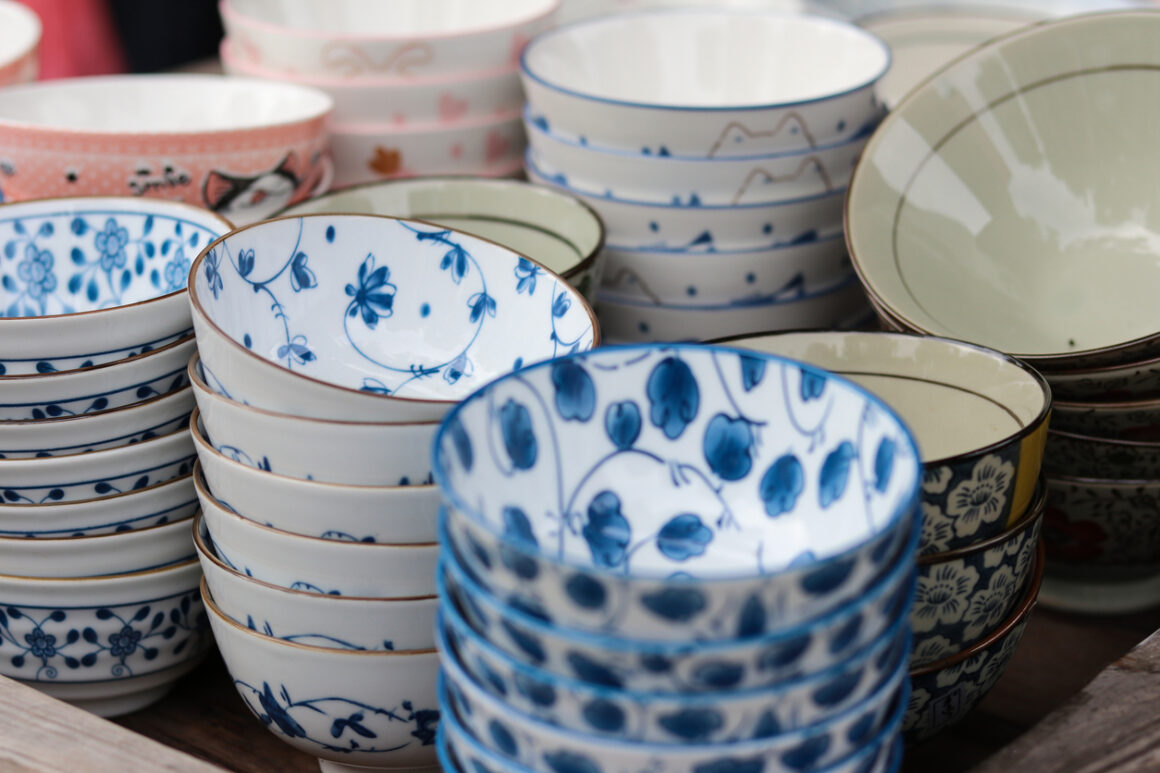
The hands-on pottery experience is available at Yingge Old Street. This isn’t mere entertainment—it’s an opportunity to understand the skill, patience, and creativity required in ceramic arts. The piece created becomes a tangible memory of the journey, an object that literally carries the imprint of the traveler’s hands and their time in Taiwan.
The Bleisure Advantage
Each of these itineraries demonstrates how business travel to Taiwan can extend beyond conference halls and hotel rooms. They’re designed to fit comfortably into a single day, requiring minimal departure from business schedules while offering maximum cultural immersion and personal enrichment. Whether exploring maritime heritage, mountain tea culture, or ceramic traditions, these routes provide authentic encounters with Taiwan’s diverse landscapes and rich cultural heritage—transforming ordinary business trips into extraordinary journeys of discovery. For more bleisure information, please visit Taiwan MICE Promotion Program “Meet Taiwan”: https://taiwanbizfun.meettaiwan.com/index.html

